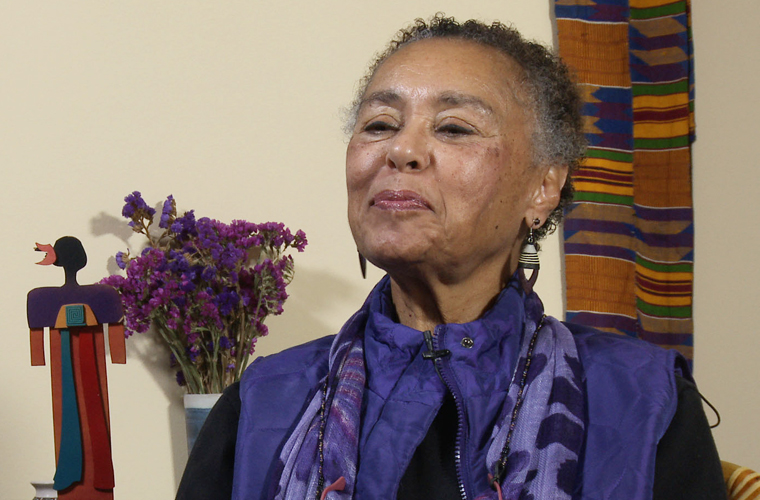Judy Richardson, a prominent figure in the Civil Rights Movement, was born on March 10, 1944. Her impactful journey began when she was one of eight black students accepted into Swarthmore College in 1962. This pivotal moment marked the beginning of her involvement in the fight for civil rights in the United States. Richardson vividly recalls the fervent atmosphere of the Civil Rights Movement during her time at Swarthmore College. She actively participated in mass meetings and took part in freedom rides as part of the Cambridge, Maryland Movement. These experiences ignited her passion for social justice and set her on a path of unwavering dedication to the cause.
In 1962, Richardson made a significant decision to join the Student Nonviolent Coordinating Committee (SNCC), a pivotal organization in the Civil Rights Movement. Within SNCC, she served as a secretary for the executive secretary at the time, Jim Forman. Her role allowed her to contribute to the organization’s mission and work closely with key leaders in the movement. One of the defining moments in Richardson’s activism was her involvement in Freedom Summer 1964. This historic campaign aimed to register African American voters in the state of Mississippi, challenging systemic barriers to voting rights. Richardson’s dedication and commitment during this time further solidified her reputation as a passionate advocate for equality and justice.






In 1965, Richardson proposed the organization of an SNCC Residential Freedom School, highlighting her forward-thinking approach to addressing social issues. This initiative aimed to provide education and empowerment to African American communities, emphasizing the importance of knowledge and awareness in the fight against oppression. Following her impactful tenure at SNCC, Richardson continued her advocacy work by joining Julian Bond’s all-black political party in Lowndes County. In this role, she served as the temporary head of communications, leveraging her skills to amplify the voices of marginalized communities and drive meaningful change at a grassroots level.
Richardson’s unwavering commitment to social justice extended beyond her early activism. She dedicated herself to community organizing efforts in Washington, DC, where she continued to be a driving force for positive change. Her contributions left a lasting legacy, inspiring others to take action and stand up for what is right. Today, Richardson remains actively involved with the SNCC Legacy Project at Duke University, furthering the important work of preserving and sharing the history of the Civil Rights Movement. Her continued dedication serves as a testament to the enduring impact of her contributions and the ongoing relevance of the movement’s principles in today’s society.
Judy Richardson’s remarkable journey as a trailblazer in the Civil Rights Movement stands as a testament to the power of individuals to effect meaningful change. Her unwavering commitment to justice and equality has left an indelible mark on the fabric of American history, inspiring future generations to continue the fight for a more just and equitable society.

